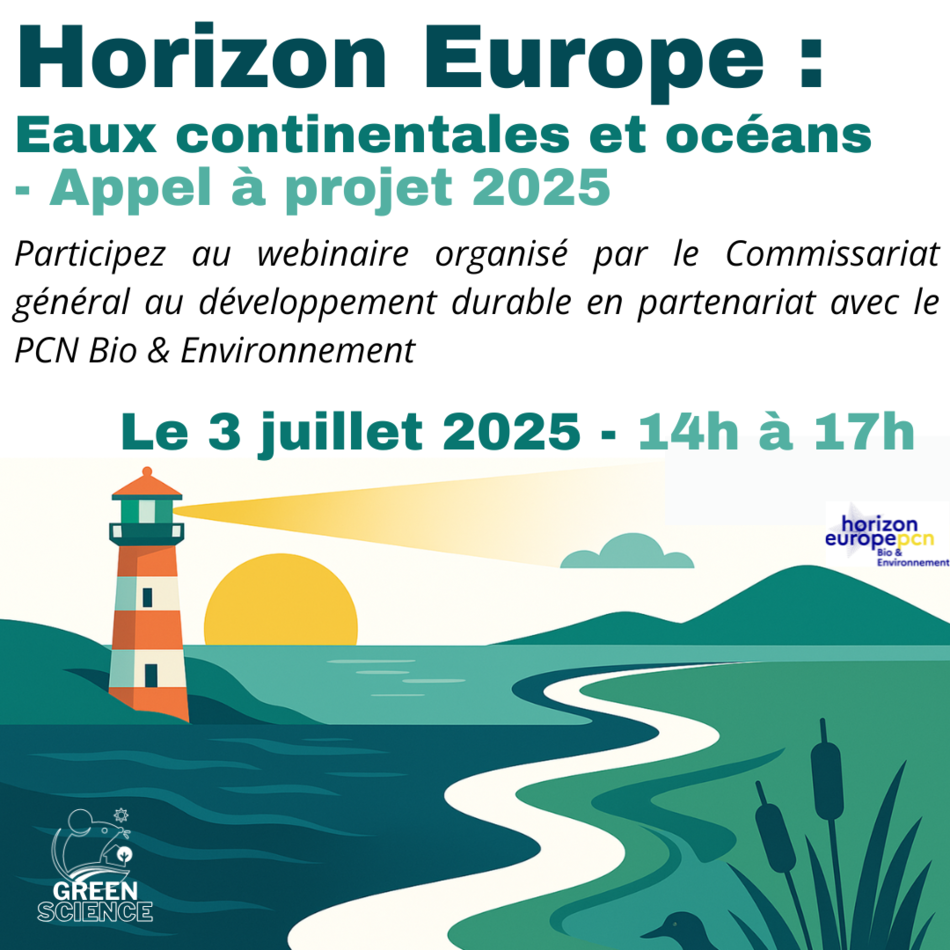ExpectedOutcome:
Proposal results are expected to contribute to the following expected outcomes:
- Improving automated ways for extracting meaning and providing insights from data extremely fast and/or accurately in order to optimize decision making (ranging from crisis/emergency management to predictive maintenance) or action planning, as well as demonstrating how these improvements can have great positive impacts for society, people, economy, or the environment
Scope:
The actions under this topic are expected to exploit “extreme data”: (defined as data that exhibits one or more of the following characteristics, to an extent that makes current technologies fail: increasing volume, speed, variety; complexity/diversity/multilinguality of data; the dispersed data sources; sparse/missing/insufficient data/extreme variations in values) to push the frontiers of analytics, prediction, simulation and visualisation to provide extremely precise, timely and useful results from data and knowledge, to support (human or automated) decision-making, saving lives or otherwise providing great positive impact (economic, societal, environmental) compared to traditional methods of decision making. Integrity and ethical aspects of the outcomes should be in line with the principles of responsible/trustworthy AI. The use of European data sources (such as Copernicus, Galileo/EGNOS for satellite data) is encouraged in the use cases, where appropriate. Analytics should be transparent, trustworthy, flexible, fit for the purpose and user needs, intuitive and (when necessary) provided as efficient and scalable “Analytics-as-a-Service”, including, where appropriate, federated analytics on distributed/decentralized data. Prediction should be extremely precise and/or span over longer time period and/or account for uncertainty factors. Simulation should allow precise replication and modelling of the real phenomenon or system (generating accurate synthetic data, when appropriate), with minimal differences and/or minimize the footprint/cost of the simulation model while generating useful data (considering context), exploiting augmented reality when appropriate. Actions should consider quality standards and assessment criteria for data generated by simulation. Visualisation should be interactive (and facilitate human interaction and collaboration), intuitive, accessible and allow people (with different needs, interests and backgrounds) to understand complex phenomena by smart selection of parameters, anticipation of user needs/interest and by novel ways of combining visual and non-visual elements and/or augmented reality.
In this topic the integration of the gender dimension (sex and gender analysis) in research and innovation content is not a mandatory requirement.
Specific Topic Conditions:
Activities are expected to start at TRL 2-3 and achieve TRL 4-5 by the end of the project – see General Annex B.
Cross-cutting Priorities:
Artificial IntelligenceDigital Agenda





